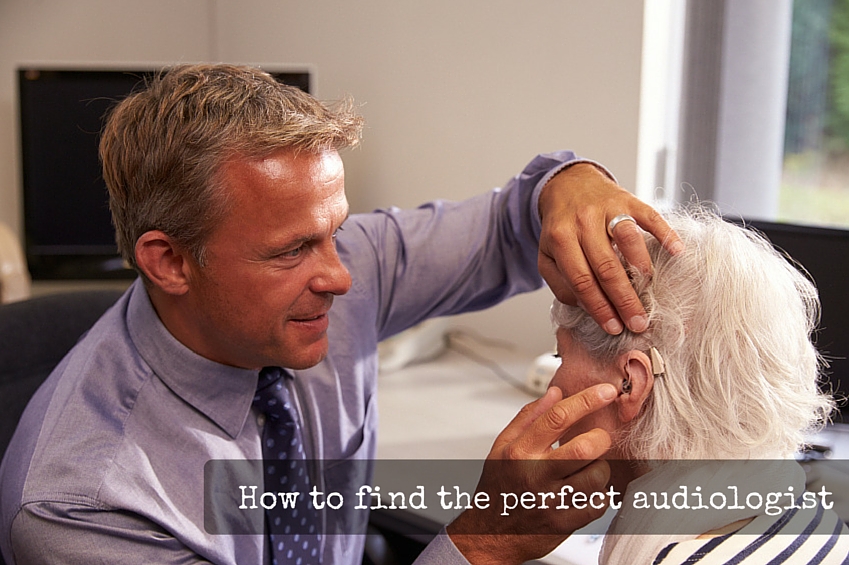All audiologists help patients with hearing, balance and related disorders, but not all audiologists are created equal.
Choosing the right audiologist shouldn’t be taken lightly. You should do your homework in advance to make sure he or she will be a good fit for your needs and give you the care you deserve.
Carla Kurtz, an audiologist with St. Elizabeth Healthcare, provides five things you should consider when choosing an audiologist:
- Make sure your audiologist has the proper credentials.
Audiologists should at least have a master’s degree, but many younger audiologists now have a doctorate in audiology, as well.
- Ask your family, friends or doctor for a referral.
Chances are, if someone you’re close with has seen an audiologist, you would trust his or her opinion on the care the audiologist provided. Simply put: Did your friend or family member like the audiologist enough to merit a recommendation?
Also, you can always ask your primary care provider for a recommendation.
- Check with your insurance company.
Sometimes, insurance companies will have contracts with certain hearing aid plans and will direct you to an audiologist who is in that plan. If your insurance company is going to pay for part of your hearing aids, you’re going to have to go to an audiologist in that plan.
- Consider an audiologist with a proven track record of excellent customer service.
Again, this could come from a referral, from reviews posted on trustworthy websites or just from reading a provider’s bio and realizing he or she is properly credentialed and has been in practice a long time.
- Try to stay close to home.
Your hearing aids ““ if required ““ are going to need maintenance, cleaning and updating. If you’re too far away, you’re probably not going to make sure your hearing aids’ needs are taken care of as frequently as you should.
Choosing the right audiologist for you takes work, but as long as you put in the advance effort, you shouldn’t have any trouble finding one with whom you can form a decades-long relationship.

